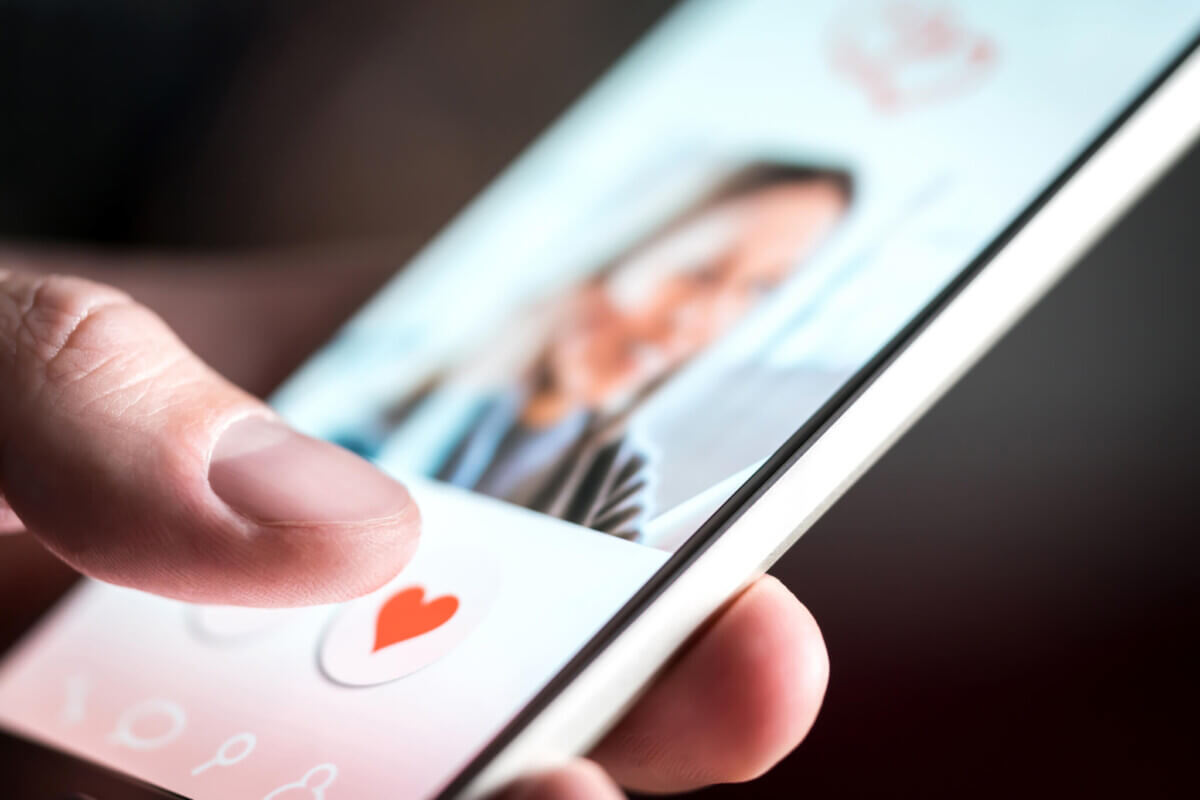
Person using an online dating app. (© terovesalainen - stock.adobe.com)
BILBAO, Spain — Is your decision really your choice? Or, is something right under your nose influencing and swaying you toward certain choices? As artificial intelligence continues to infiltrate virtually all areas of life, you may find yourself asking that vey question more often. Researchers from the Universidad de Deusto in Spain say AI algorithms are indeed capable of influencing peoples' dating and even voting decisions.
To be fair, the experiments that produced these findings featured fictional political candidates and potential dates. Still, this research makes a strong case that you're date on a future Friday night may not have been entirely your decision after all.
Much of these findings, researchers say, depend on whether or not the AI makes its recommendations explicitly or covertly.
To better understand how AI can sway decision making across various situations and contexts, study authors gathered a group and asked them to interact with algorithms showing various images of either made-up politicians or potential dates. The experiment asked each person who among the images they would vote for or consider dating.
How do computers push people into making certain choices?
In some cases, the AI would explicitly favor certain candidates over others. For example, saying one person is a “40 percent match” while another is an “80 percent match.” In other cases, however, the indications were more subtle, such as simply showing a particular candidate's image more often.
The results point to artificial intelligence indeed being capable of swaying participants toward certain choices. Regarding politicians, more explicit suggestions yielded better results, while subtler tactics proved effective in dating scenarios.
Study authors speculate that when it comes to suggestions from a computer, people tend to want the opposite of what they would expect from another human. People usually prefer direct advice when it comes to dating, but nuance is often necessary when politics come up.
In summation, study authors say the public should become more aware of the dangers of blindly following what a computer is saying.
“If a fictitious and simplistic algorithm like ours can achieve such a level of persuasion without establishing actually customized profiles of the participants (and using the same photographs in all cases), a more sophisticated algorithm such as those with which people interact in their daily lives should certainly be able to exert a much stronger influence,” researchers conclude in a media release.
The study appears in the journal PLOS ONE.










